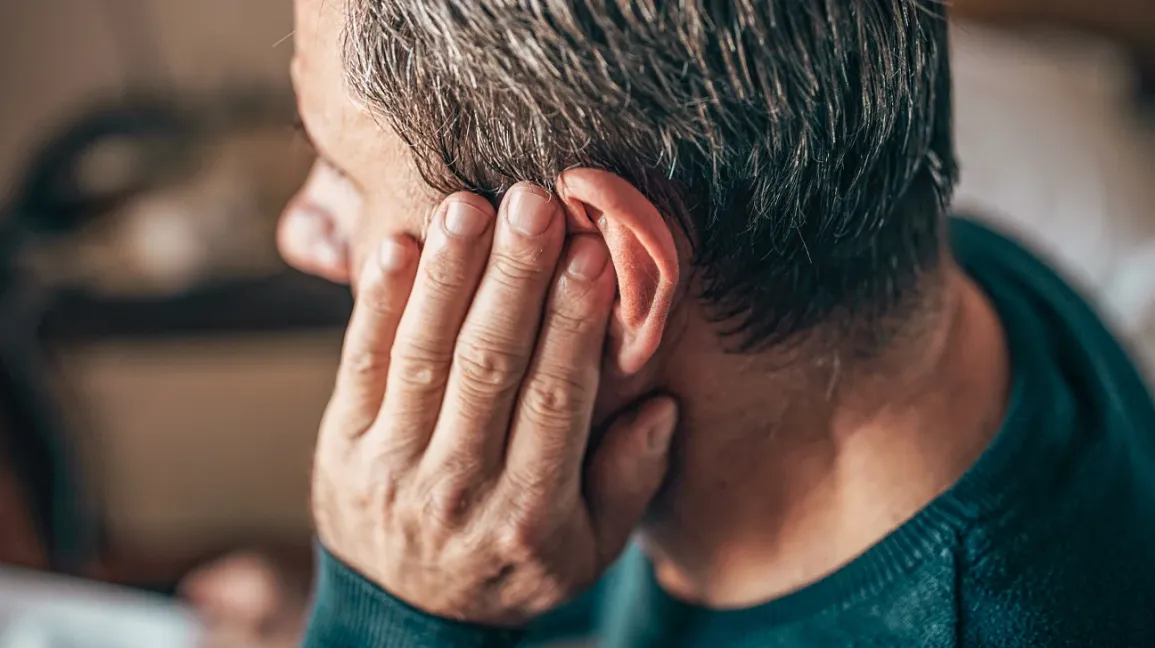Many individuals notice discomfort when exposed to everyday noises, but few consider it a sign of a medical concern. Sounds like clinking dishes, background chatter, or simple outdoor noise may seem louder or more intense than usual. When this sensation starts interfering with daily comfort, it may indicate a deeper issue.
Mild reactions can develop into consistent discomfort without professional guidance. For example, some patients consult specialists like Dr. Allen Rohe to explore the cause and identify ways to manage their symptoms. Recognizing certain patterns early helps guide the decision to seek medical evaluation.
1. Everyday Sounds Cause Physical Discomfort
Some people experience sharp discomfort from routine sounds such as running water, phone alarms, or household appliances. If noise causes physical pain in the ears or head, it may indicate that the auditory system is becoming overly sensitive. The sensation can feel sudden or build gradually over time.
Pain triggered by sound is not always linked to hearing loss or damage. It can relate to how the brain interprets volume or tone. Speaking with a professional can provide clarity and suggest practical steps for support.
2. Social Events Become Difficult to Attend
Conversations in crowded rooms, clinking glasses, or laughter may start to feel overwhelming during gatherings. People who begin avoiding social outings due to sound sensitivity might not realize how much it affects their quality of life. Comfort in shared spaces can slowly diminish without direct attention.
Missing events or struggling through them can impact relationships and routines. Individuals sometimes feel misunderstood when they react strongly to sounds others don’t notice. The ongoing effort to cope with noise in public settings may also lead to emotional exhaustion over time.
3. Stress Levels Increase Due to Specific Sounds
Certain noises may trigger tension, frustration, or unease, even when they are quiet or short. Emotional responses to sound can include rapid heartbeat, irritability, or nervousness. Repeated experiences may lead someone to anticipate discomfort before it happens.
These emotional cues sometimes signal an internal association that warrants further exploration. Sound sensitivity with emotional triggers doesn’t always relate to volume or pitch. A medical provider can help determine how stress responses link to auditory processing and provide balanced strategies.
4. Past Injuries or Illnesses Affect Hearing
If someone recently experienced a head injury or an ear infection, changes in how sound is processed may follow. Conditions affecting the ear’s structure or nerves can alter perception of normal volume. Individuals might notice noises feel sharper or harder to ignore than before.
- The sound seems more intense in one ear
- Noises echo or distort during conversations
- Sensitivity remains long after the illness ends
- Sudden discomfort occurs with soft or distant sounds
5. Focus or Sleep Gets Interrupted by Everyday Noise
Some people begin to struggle with focus because of sounds like typing, ticking clocks, or quiet background music. Difficulty concentrating can impact both work and personal routines. Sleep may also be interrupted by minor noise, causing fatigue or unrest the next day.
Constant interruptions from sound can lead to frustration and decreased productivity. Over time, the brain may become more sensitive to noise, making it harder to relax or stay focused. If these patterns continue, daily performance and overall well-being may start to decline.
Finding the Right Professional for Sound Sensitivity
Not every provider treats sound sensitivity. It helps to find someone with experience in hearing and auditory conditions. A trained expert can run tests and explain the results clearly. They may offer tools to understand the issue and steps to manage it. Look for a clinic that focuses on ear and sound-related concerns. Some professionals create personalized care plans. They listen, ask questions, and explain options.
If these issues continue, they may affect overall health and mood. Pinpointing which sounds disrupt comfort can help in managing the environment. A healthcare provider, such as Dr. Allen Rohe, can help identify if the symptoms indicate a condition needing support. Discussing these signs with a trained expert could lead to a more comfortable and manageable daily life.

 4 Factors to Consider When Choosing a Harness for Your Hearing Service Dog
4 Factors to Consider When Choosing a Harness for Your Hearing Service Dog  Key Factors to Consider When Choosing a Water Damage Restoration Company
Key Factors to Consider When Choosing a Water Damage Restoration Company  Your Ultimate Guide to Choosing the Perfect Resort in Goa
Your Ultimate Guide to Choosing the Perfect Resort in Goa  Building Confidence Through Professional Legal Representation
Building Confidence Through Professional Legal Representation  Defining Authentic Elegance Through Tailored Design And Skilled Artisanship
Defining Authentic Elegance Through Tailored Design And Skilled Artisanship  Tips For Enjoying HD Porn Videos Responsibly
Tips For Enjoying HD Porn Videos Responsibly  Signs You Need to Visit Optometrists in Texas for Your Next Eye Exam
Signs You Need to Visit Optometrists in Texas for Your Next Eye Exam  Table Experiences: Culinary Tours to Take at Least Once in a Lifetime
Table Experiences: Culinary Tours to Take at Least Once in a Lifetime  Why Emotional Health Improves With Care Provided in Familiar Home Settings
Why Emotional Health Improves With Care Provided in Familiar Home Settings 



